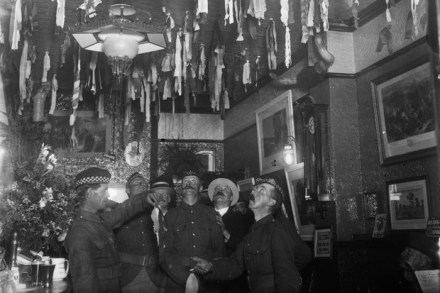An undiplomatic history of British diplomatic dinners
In poor taste US Ambassador Matthew Barzun attracted the ire of chefs for complaining that he had been served lamb and potatoes too often since arriving in Britain. Some others who have landed in the oxtail soup after complaining about British food: — At a summit in 2005 former French President Jacques Chirac was said


















